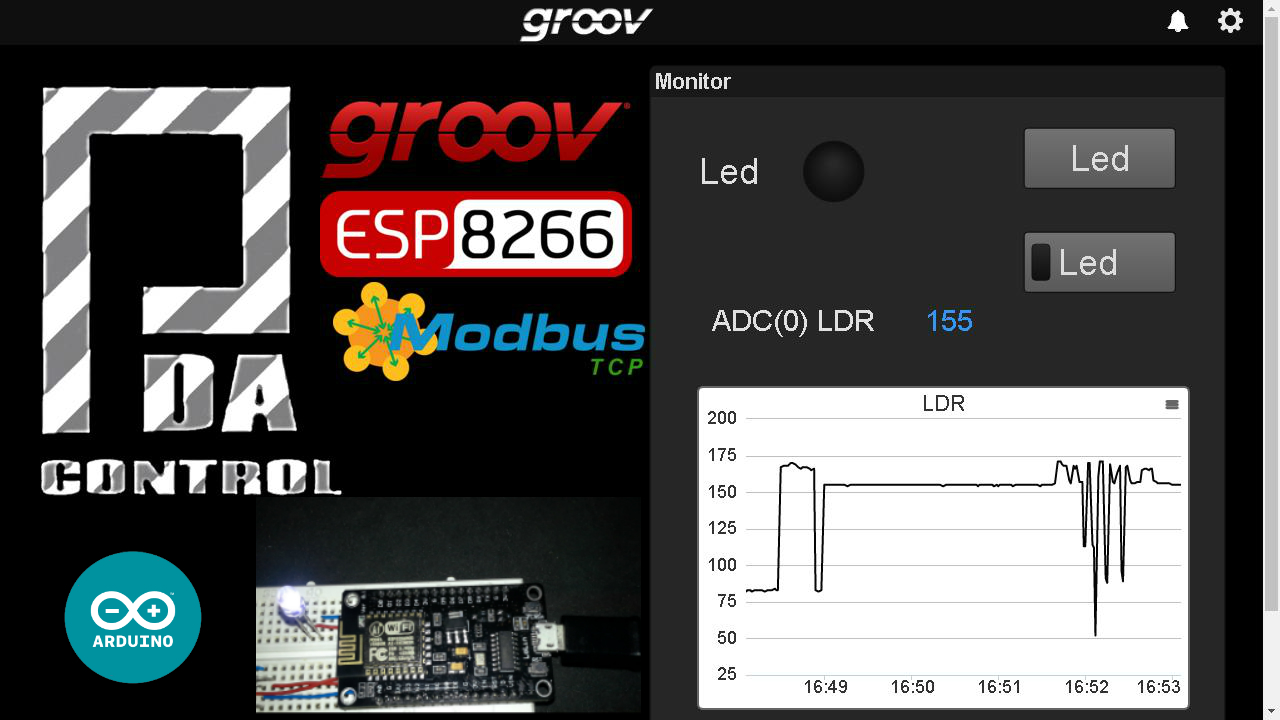This time we will test the Groov platform, but what is groov? Is a solution (IIoT) created by Opto22 for the visualization, control and monitoring of industrial equipment from pc, mobile devices, tablets, smartphones and smart tv. It supports SNAP PAC controllers, Modbus TCP / IP devices and other PLC controllers from other brands such as Siemens, Allen Bradley, Yokogawa, Panasonic and others through connection to OPC UA Servers.
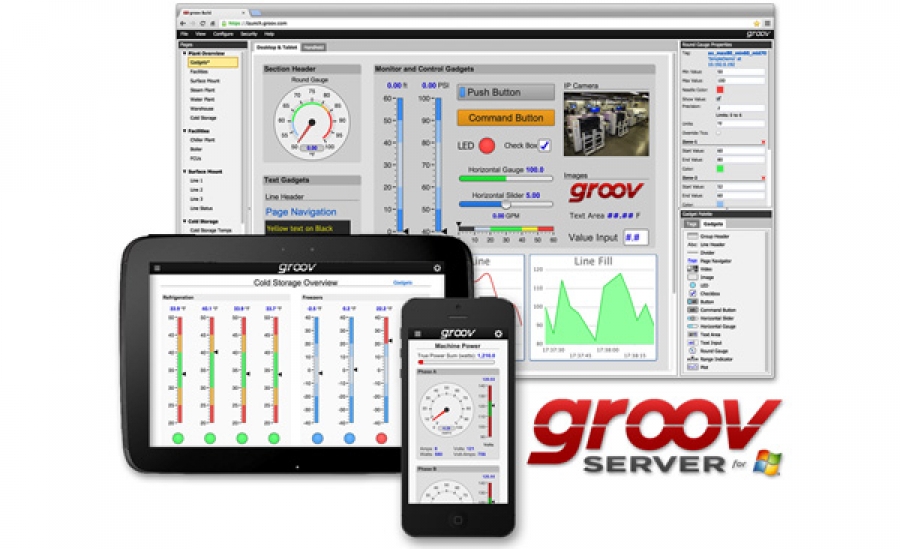
Groov allows to create environments HMI or SCADA web, allowing in a few click you will be able to interact with industrial processes in real time, groov has 2 versions groov box (hardware) and groov win (software), it has security by means of encryption TLS / SSL authentication by User and password, in comparison to other applications which are bought by tags packages in runtime, groov has no limit of tags or variables, does not require license per client that enters the application.
Although groov interacts mainly with industrial controllers, it can be implemented as a solution for the internet of things.
Complete information: groov.com
Groov Architecture

Test Groov and ESP8266 NodeMCU
Configuration of a module ESP8266 12E NodeMCU configured as Modbus TCP / IP slave.
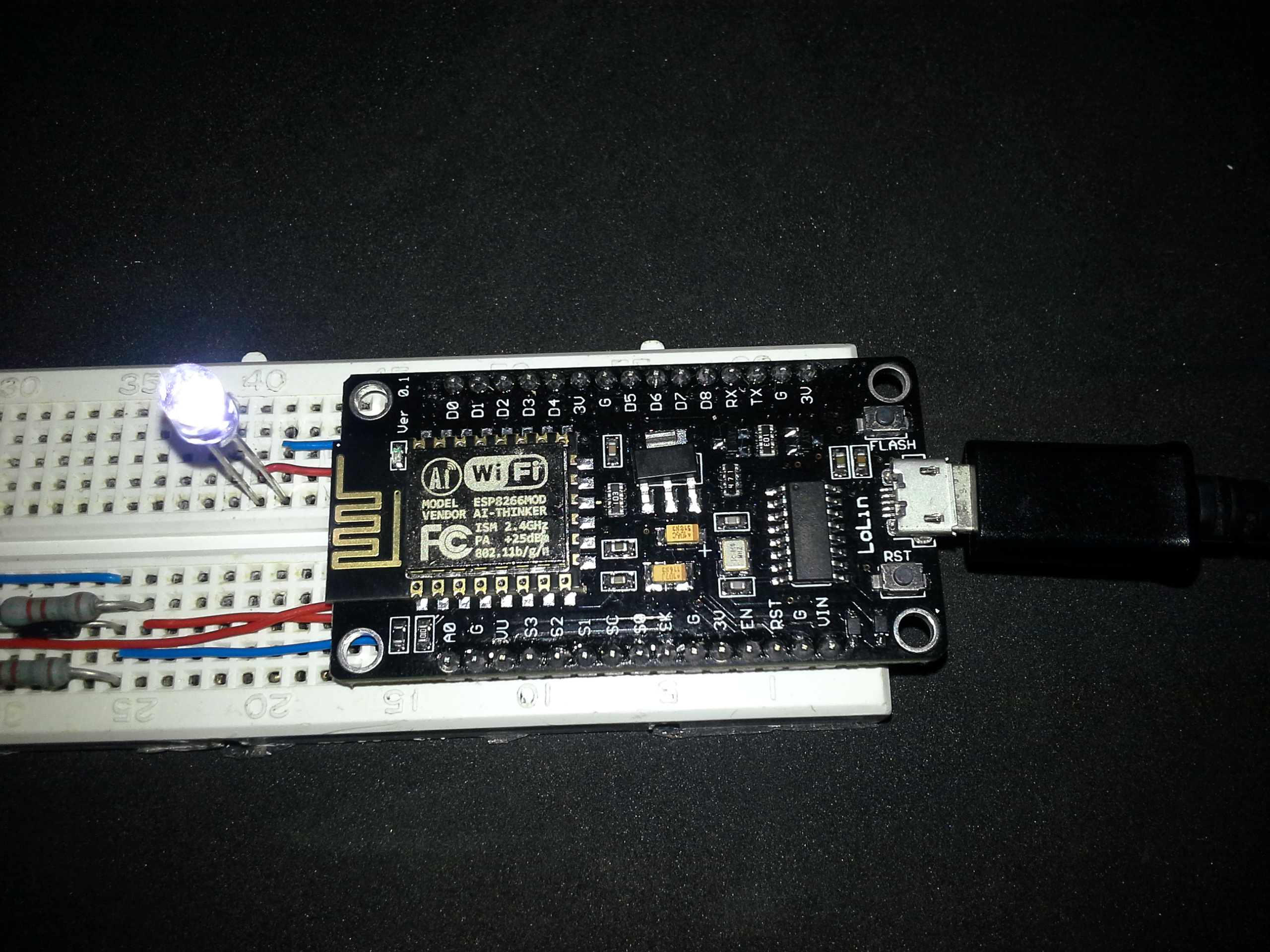
Arduino IDE
A strategy has been created in Arduino IDE for the ESP8266 module which allows I / O control and communication as Slave modbus TCP / IP, 2 registers (Holding Registers) have been assigned to interact with groov.
Arduino IDE code, downloads at the bottom post.
Recommended Tutorials ESP8266 Modbus TCP / IP
Updating ESP8266 Industrial Modbus TCP IP V2.0
Video NodeMCU ESP8266 12E Modbus TCP / IP Control I / O
Digital Output
Holding Registers [2] = On / Off GPIO 04, led diode.
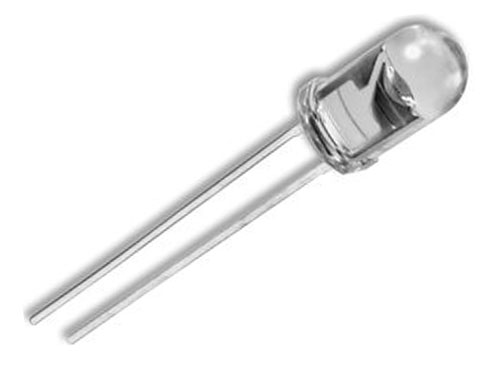
Analog Input
Holding Registers [4] = Read ADC (0), LDR (photoresistance), varies depending on the light intensity.
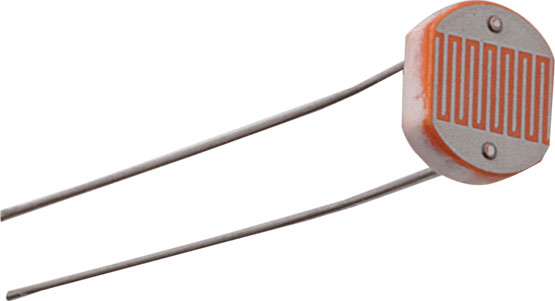
ADC Signal Conditioning (0)
You must be very careful when using ADC (0) pin ESP8266 12E, TOUT, ADC (0) or pin 6 are some names by which this input will be identified, its resolution is 10 bits from 0 to 1.0V maximum, We have created a circuit based on a voltage divider and a diode to limit the input voltage in parallel to our light sensor, photoresist or LDR.
Connections
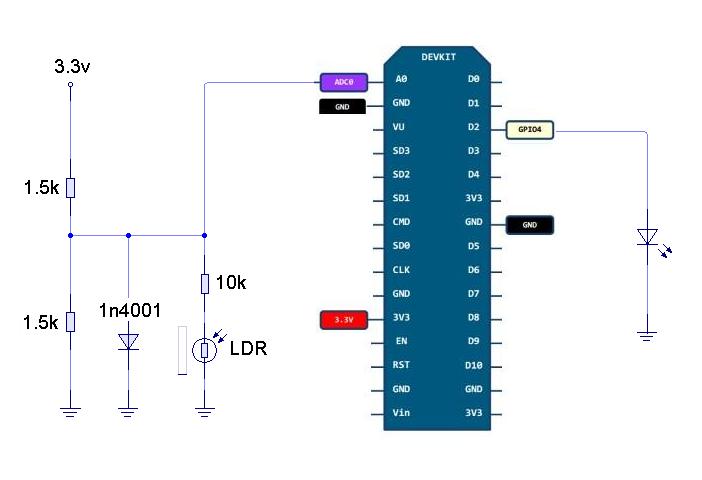
Groov settings
Configuration of communication parameters with modbus device is performed and then widgets and images are added in groov build.
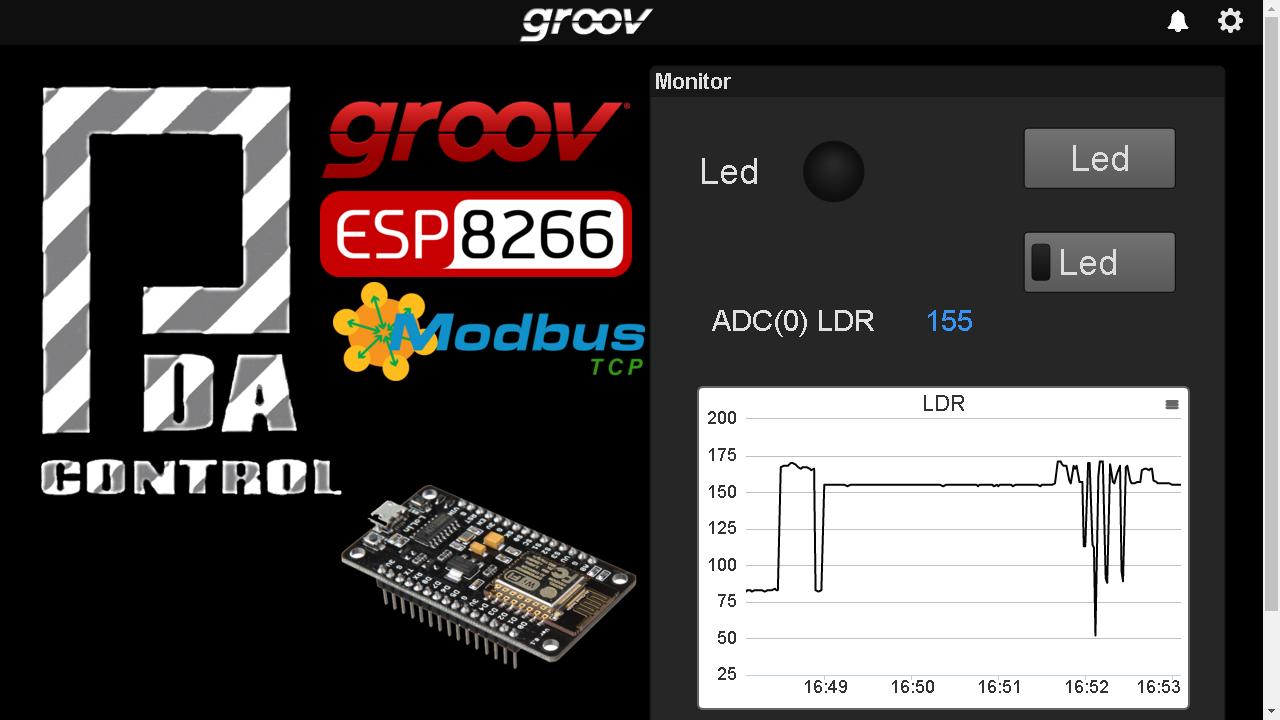
Video Test Complete
This video has been made for test documentation made with Groov.
Video Tutorial ESP8266 NodeMCU with Groov
Architecture
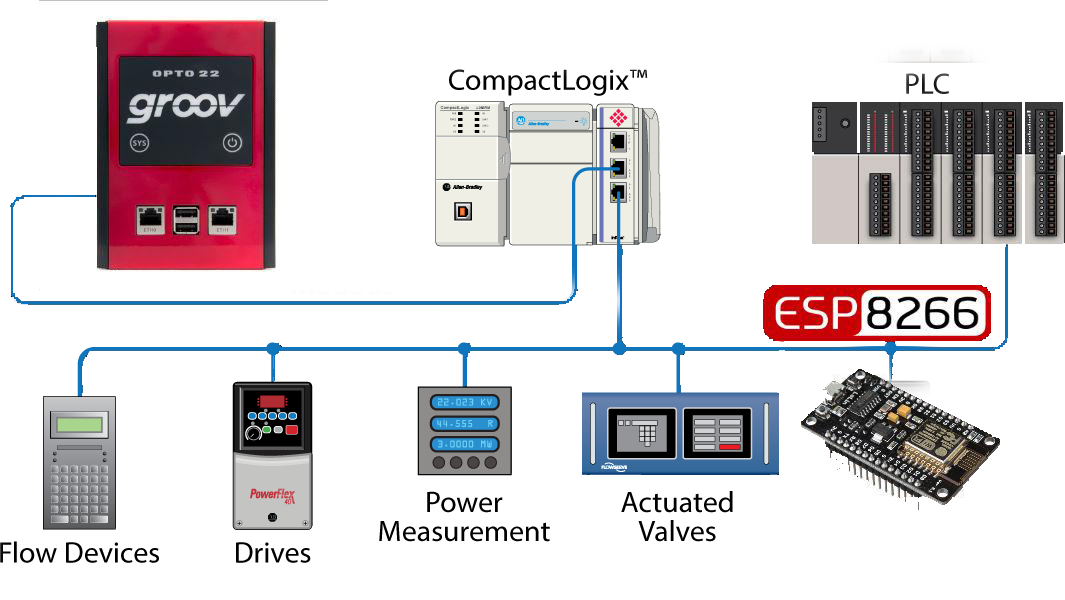
CONCLUSIONS
It can be concluded based on the tests performed and the complete documentation related to the groov application on your page, it is a perfect solution containing the elements that I consider important:
- Practicality and ease in designing and editing dashboards or user interfaces without requiring programming.
- Compatibility with devices and protocols already recognized in the industry allowing connection to any existing system.
- Response and update of Dashboard and / or HMI (Widgets) in technically real time.
- I consider that it is a great tool for the industrial field but fits perfectly in the field of IoT Platforms and provides with the robust and reliable of industrial software.
Groov + Node-RED
Opto22 is currently providing IoT integration solutions, and in its second version groov box features Node-RED Opto 22 Releases Node-RED for groov.
Downloads Github
Library ModbusTCP/IP & Code Arduino IDE
References
Update ESP8266 Industrial Modbus TCP IP V2.0
